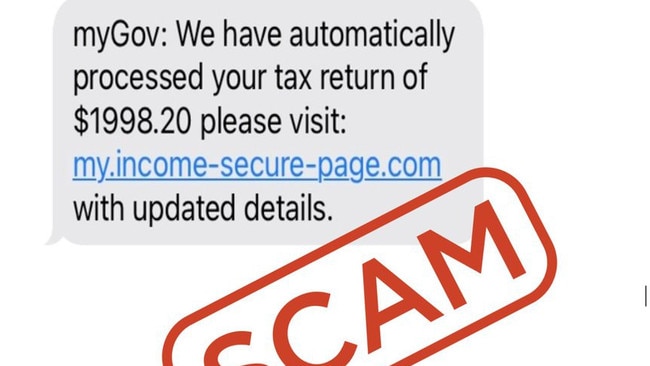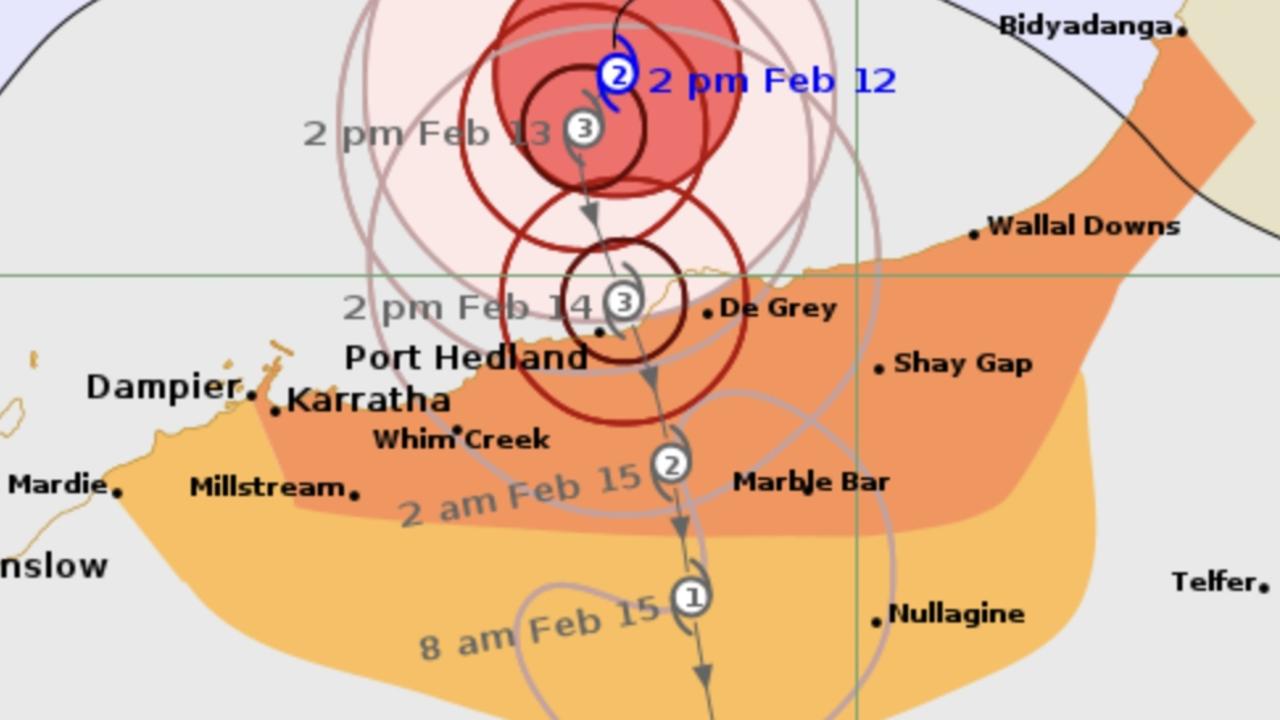Tax scams surge confuses consumers, prompts ATO warning
Confusion around whether ATO emails and SMS messages are real or fake is tipped to rise as scam sophistication worsens.

National
Don't miss out on the headlines from National. Followed categories will be added to My News.
Scammers are prompting people to ignore legitimate texts from the Australian Taxation Office because they believe they are fake, potentially leading to refund delays or worse.
As scams multiply amid an increasing use of artificial intelligence among criminals, ATO community forums are discussing fresh scams regularly and the ATO says the sophistication of new attacks is making it harder for people to spot a fake.
But taxpayers who ignore a genuine ATO approach may miss out on money or receive a late payment penalty, financial specialists say.
Financial strategist Theo Marinis, a former ATO assessor, said his and his wife’s refunds last year were delayed by several months because they both had deleted what they believed were scam texts from the ATO.

Nothing was showing on their myGov online messaging, even though their refunds had been suspended because their high level of donations were deemed by an ATO computer system to be unusual.
Mr Marinis eventually phoned the ATO to sort out the delay, and the couple only received their 2022-23 refunds in February.
“I was told they don’t send requests, such as for additional substantiation of expenses, via myGov because people don’t protect their login details, and therefore text and phone are safer,” he said.
People uncertain about any message claiming to be from the ATO should “never ring the number on the text before looking up the ATO yourself”, Mr Marinis said.
He said many people feared arguing with the ATO or questioning its decisions.
“If you don’t know what you are doing, get a good tax agent to help you, but don’t be scared of pushing back – as long as you are right,” he said.
Chartered accountant and Mr Taxman founder Adrian Raftery said he was fielding more questions from clients asking about whether contacts from the ATO were legitimate.
“I do get asked, I would say, once a month,” Dr Raftery said.
“Some are correct and true, but others are fraudulent.”
Dr Raftery said it was important for people concerned about an ATO text or email to contact it to check. “Call the ATO to talk to someone directly, or if you have an accountant, ask them,” he said.
An ATO spokeswoman said while there was no definitive data about people ignoring legitimate ATO text messages they feared were fraudulent, “we acknowledge that with fake communications growing in sophistication it is increasingly more difficult for the Australian public to identify legitimate interactions”.

“The ATO’s advice to the community is for taxpayers or tax professionals to phone us on 1800 008 540 to confirm if an ATO interaction is legitimate or not, or if they are unsure,” the spokeswoman said.
“The ATO’s verify and report a scam web page also provides additional information on how to identify legitimate and scam interactions.
“We have continued to observe different types of SMS and email scams that include embedded hyperlinks as the main method scammers use to target the community.”
The ATO spokeswoman said it might use SMS or emails to ask people to contact it, but it would never send an unsolicited message containing a hyperlink to log on to online services.
“Always access ATO services directly by typing ato.gov.au or my.gov.au into your browser,” the spokeswoman said.
More Coverage
Originally published as Tax scams surge confuses consumers, prompts ATO warning





